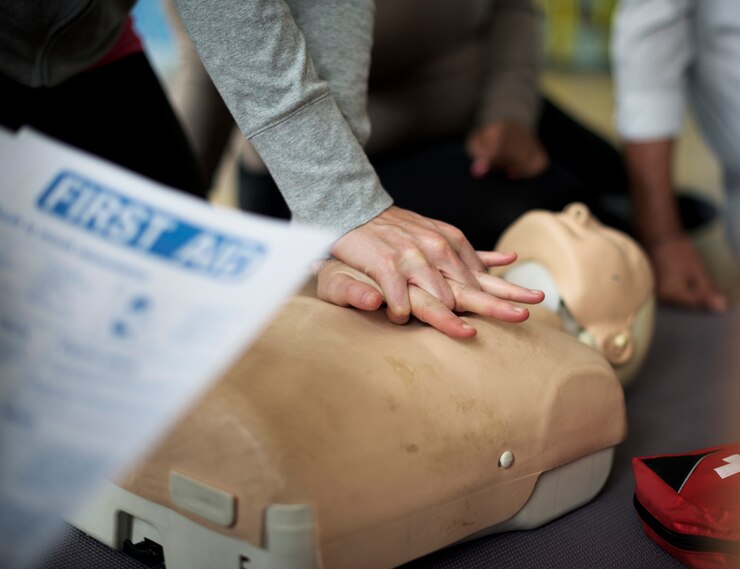Emergency Medical Services: What to Do in Critical Situations
Emergencies can happen at any time, and knowing how to respond can make a significant difference in saving lives. Whether dealing with sudden illnesses, injuries, or life-threatening conditions, being prepared and acting promptly is crucial. This guide outlines essential steps to take in critical situations.
1. Stay Calm and Assess the Situation
In an emergency, panic can hinder effective response. Stay calm, assess the condition of the patient, and determine the severity of the situation before taking action.
2. Call Emergency Services Immediately
Dial the appropriate emergency number (such as 911) and provide clear, concise information about the situation, including the patient’s condition, location, and any immediate threats.
3. Provide Basic First Aid
While waiting for emergency responders, administer basic first aid. This could include performing CPR, stopping excessive bleeding, or positioning the patient properly to ensure airway clearance.
4. Follow Emergency Medical Guidelines
If you have received first aid or CPR training, follow the recommended guidelines to provide assistance. Avoid making uninformed medical decisions that could worsen the condition.
5. Keep Emergency Contacts and Medical Information Handy
Having a list of emergency contacts and medical history readily available can help paramedics provide quicker and more effective care. Keep these details in an accessible place.
6. Stay with the Patient and Offer Reassurance
Providing emotional support can be just as important as medical intervention. Stay with the patient, keep them as comfortable as possible, and reassure them until professional help arrives.
7. Prepare for Transportation to a Medical Facility
Once emergency responders arrive, follow their instructions carefully. If necessary, assist in preparing the patient for transport to a hospital or medical center.
Conclusion
Knowing how to react in a medical emergency can save lives. By staying calm, calling for professional help, administering basic first aid, and following medical guidelines, you can provide crucial assistance in critical situations. Preparation and knowledge are key to handling emergencies effectively and ensuring the best possible outcome for those in need.





